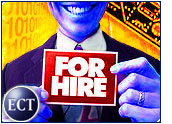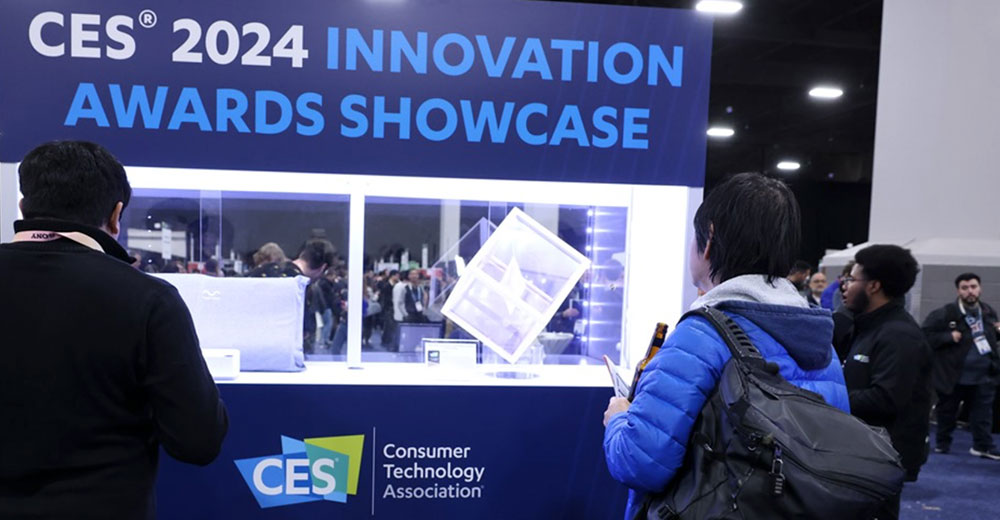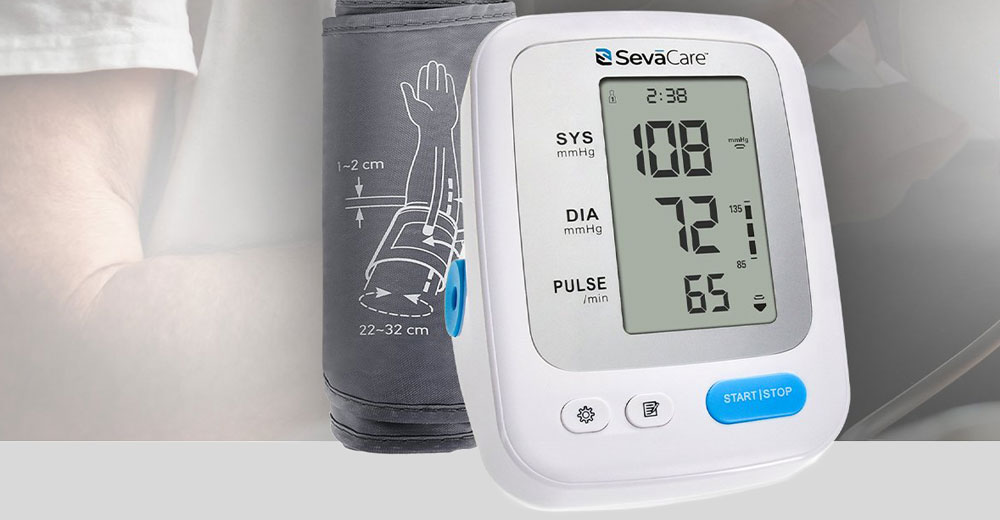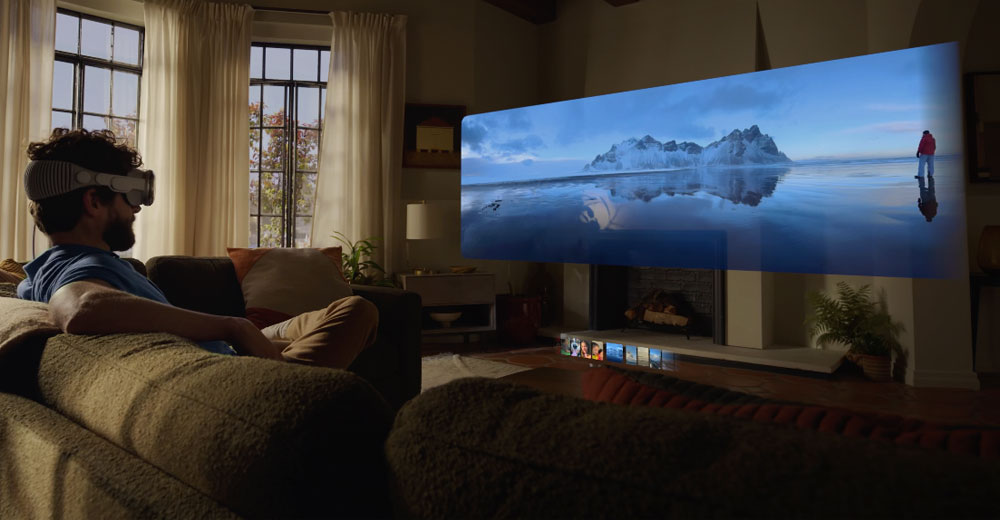Lawyers kicked off the trial between Hewlett-Packardand Walter Hewlett, son of company co-founder Bill Hewlett, in Delaware Chancery Court Tuesday.
They traded fire over whether HP had misled shareholders in anattempt to get them to approve its US$20 billion merger with Compaq.
Hewlett has been a vociferous opponent of the merger from the beginning. Last month, he filed suit to blockthe deal.
According to HP, shareholders approved the mergerby 51.4 percent to 48.6 percent, with a margin of 45.3million votes. If the judge in the case rules in favor of Hewlett, that vote could be overturned.
Tough Call
According to Giga Information Group research fellowRob Enderle, the court’s decision will not be an easyone.
“If they support HP, they now have strong evidencethat the merger is not going well, and should it fail,it will reflect poorly on the court,” Enderle told the E-Commerce Times.
“If they support Walter, it sends a chilling message about the court to corporations that might reconsider incorporating in Delaware.”
Dirty Dealings
In his suit, Hewlett accused HP of using impropermethods to convince institutional shareholderDeutsche Bank to vote for the deal, and ofmisleading shareholders about the planned integrationof the two companies.
HP has said Hewlett’s claims are “without basis.”
But Hewlett’s lawyers expanded on those claims incourt Tuesday, providing evidence in the form ofe-mail messages and other documents that the companymay indeed have misled shareholders about the implicationsand progress of the deal.
Hidden Documents
According to reports, Hewlett’s lawyer,Steve Neal, claimed HP promoted the deal in public while hiding documents that indicated integration between the two companies was lagging behindprojections by as much as 25 percent.
Of particular interest was a personal journal entryabout the integration written by Compaq CEO Michael Capellas that stated, “At our current course and speed, wewill fail.”
Compaq said the statement was taken out of context.
Reasonable and Achievable
HP’s lawyers countered that the company has done nothingwrong and that its integration goals and salestargets are reasonable and achievable.
HP CEO Carly Fiorina was on the stand for more thanfour hours, detailing how the company planned to meetits goals and insisting that the company had donenothing untoward in promoting the deal toshareholders.
Fiorina reportedly said that while there was a gapbetween HP’s goals and the actual results, such adifference is not uncommon in deals and likely wouldhave narrowed as the deal reached completion.
Fiorina also denied that HP did anything improper to induce Deutsche Bank to approve the merger.
More Worries
The trial is not the only thing HP has to worryabout. According to Enderle, HP’s alleged lack of disclosure may be of interest to the U.S. Securities and ExchangeCommission, since its rules have tightened in the wake of the full-disclosure mandate and the Enron fiasco.
“They may determine that investors were misled,and if they do, it means a different kind of problemfor HP,” Enderle said.
Shares of Compaq rose 0.1 percent to $10.31 inearly trading Wednesday, while HP shares fell 0.43percent to $17.61.



































Social Media
See all Social Media